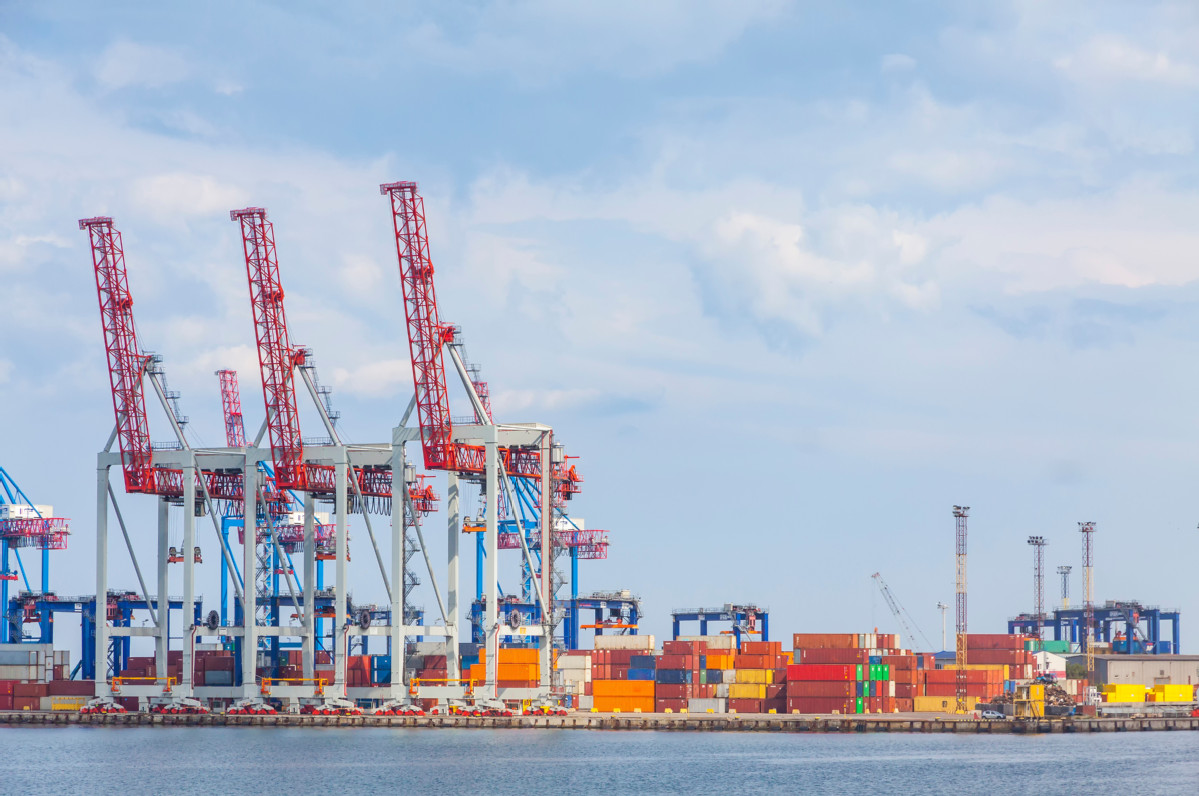California ports shrug off Ukraine crisis disruptions


The conflict between Russia and Ukraine is exacerbating the disruptions to global trade stemming from fragile supply chains.
The clash has sent high energy prices even higher, raised shipping and air freight rates, caused flights to be canceled or rerouted, shut down operations of ports and added uncertainties to the global supply chains reeling from pandemic-induced bottlenecks.
Hundreds of cargo vessels have been stranded in the Black Sea region at Ukrainian ports. At the same time, countries like the United Kingdom and Canada have banned Russian ships from docking at their ports, leaving hundreds of Russian-flagged cargo containers backed up at ports elsewhere.
Ukraine's global share of imports and exports amounts to about 0.3 percent each. Russia's export share is about 1.9 percent, and its imports amount to around 1.4 percent, according to a report by Dutch bank ING.
But port officials at the US' busiest ports in California told China Daily that the conflict hasn't impeded the movement of cargo at the San Pedro Bay port complex, which is made up of the ports of Los Angeles and Long Beach. The two ports together handle 40 percent of the country's containerized imports.
Phillip Sanfield, a spokesperson for the Port of Los Angeles, said the conflict has had a minimal impact on the port's operations.
"Trade with Russia accounts for less than two-tenths of 1 percent of cargo at the Port of Los Angeles," he said, adding: "Like the rest of the world, we are keeping a close eye on the developments."
The San Pedro Bay port complex has faced supply chain disruptions since the beginning of the pandemic due to a variety of issues, including a labor shortage, COVID-19 control measures, rising consumer demand and the slowdown of manufacturing capacity.
Sanfield said congestion at the port has improved significantly. The number of vessels en route has decreased to 44 for both the ports of Los Angeles and Long Beach, compared with 109 a few months ago.
Port of Long Beach spokesperson Lee Peterson told China Daily that the port doesn't see a disruption from the Russia-Ukraine conflict.
Peterson notes that the port is making progress with containing the surge in cargo traffic.
"This week we are down to 43 ships waiting to get into the two ports, Long Beach and Los Angeles. That's still too many, but down from more than 100 in early January 2022."































